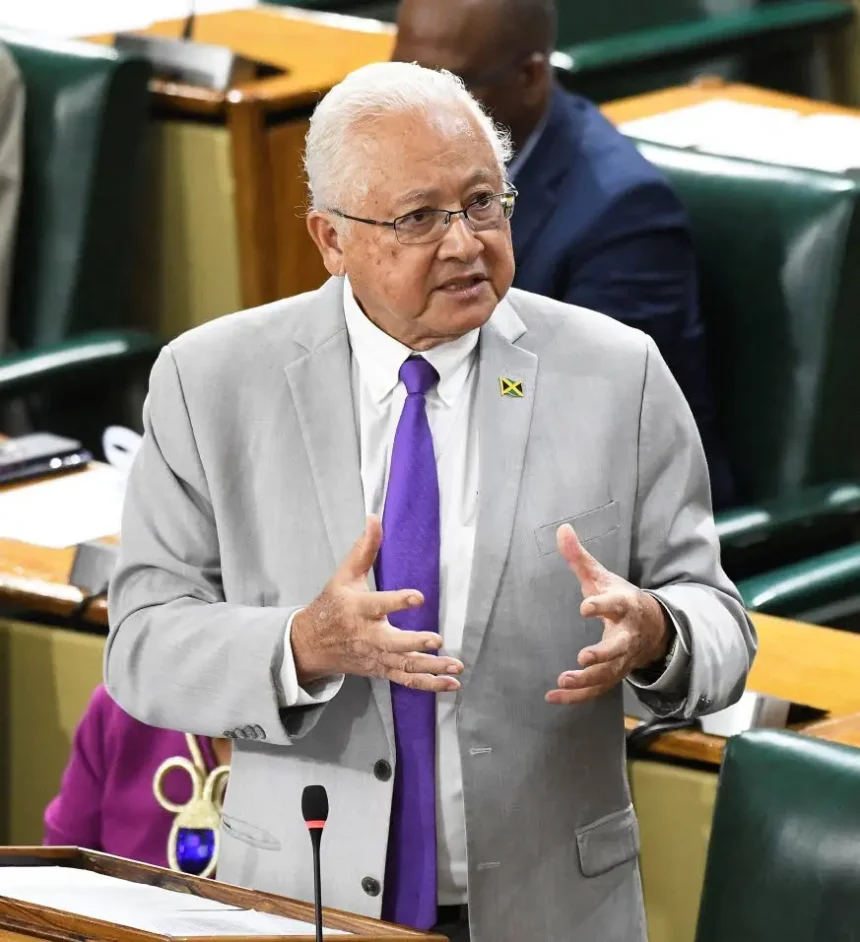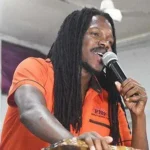The question of whether justices of the peace (JPs) should be compensated for their services has resurfaced, igniting a debate on the expectations placed on these key community figures.
During a recent sensitization session in Port Maria, St Mary, Minister of Justice Delroy Chuck reaffirmed his unwavering position: JPs must provide their services voluntarily. Chuck emphasized the noble and altruistic nature of the role, reminding JPs that their integrity and public trust are paramount.
“JPs are seen as pillars of trust and reliability in their communities,” Chuck stated. “When people come to you, it should never be about money. Your reward is knowing that you’ve helped another Jamaican. Charging for these services undermines the very essence of what it means to be a JP.”
This declaration follows a recurring conversation among JPs across the island, many of whom argue that their duties have grown increasingly demanding. Calls for financial support have grown louder, with some JPs citing economic strain, particularly for retirees and those without stable income.
A Call for Reform or a Preservation of Integrity?
St Andrew JP Nicholas McDavid recently reignited the discussion through a letter to the editor, referencing a court case in which a JP facing corruption charges cited financial struggles as a reason for charging for services. While McDavid condemned the actions of the JP, he highlighted the broader issue: the lack of systemic support for those in the role.
“Being a JP requires time, resources, and unwavering dedication,” McDavid wrote. “Unlike other public servants, JPs receive no stipend, which can create financial hardships for some.” He proposed forming a working group, including Ministry of Justice representatives and parish custodes, to explore solutions that balance the voluntary nature of the role with the economic realities JPs face.
However, Norris Rhoomes, head of the St Andrew Justice of the Peace Association (SAJPA), countered that introducing payment would compromise the role’s integrity and erode public trust. Rhoomes stressed that JPs must remain steadfast in their commitment to voluntary service, a sentiment echoed by Minister Chuck.
The Consequences of Charging
Chuck has been clear about the repercussions for JPs who solicit payment: decommissioning. “If you find out that you cannot do the voluntary service, give up the seal,” he warned during a prior session in Hanover.
The debate underscores a critical tension between preserving the unpaid, honorable tradition of JPs and addressing the financial pressures many face. While some argue that the role should evolve to include financial support, others insist that its voluntary nature is essential to maintaining public trust and community respect.
As the discussion continues, it raises broader questions about how society values public service and the structures needed to support those who dedicate themselves to it.






